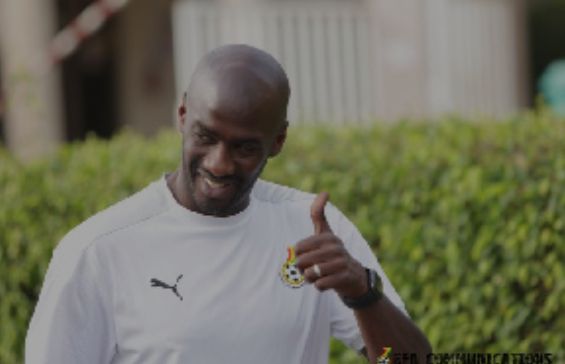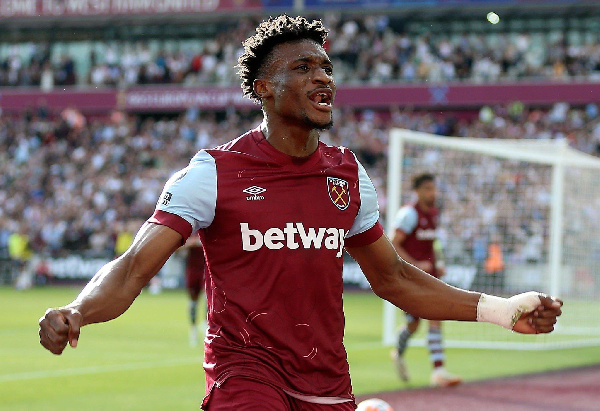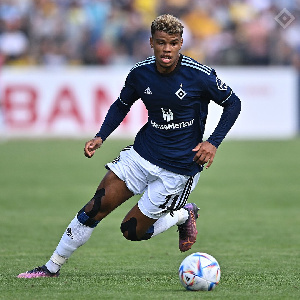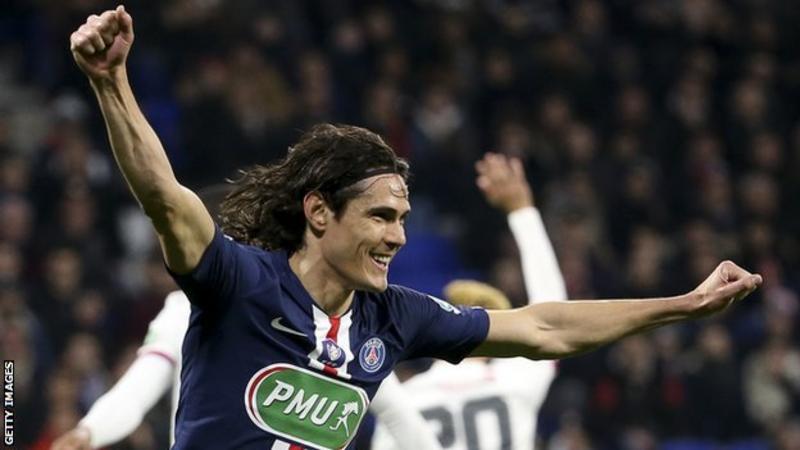Six Black Footballers Unfairly Targeted by English Media for Off-Field Issues

A growing conversation about racial bias in English football has highlighted how several Black players have faced intense and often unfair scrutiny from sections of the British press—scrutiny that has little to do with their performance on the pitch. Critics argue that while all footballers face pressure, the tone and intensity directed at Black athletes often reflect deeper systemic issues.
Among the most frequently cited is Raheem Sterling, whose lifestyle has been dissected by tabloids for years. From buying a house for his mother to getting a tattoo, Sterling has repeatedly been portrayed in ways many observers say carry racial undertones. His criticism of the media’s role in fuelling prejudice sparked a nationwide debate on how players of colour are portrayed.
Marcus Rashford, Bukayo Saka, and Jadon Sancho also became central figures in this discussion following England’s loss in the Euro 2020 final. After missing penalties, the three players were subjected not only to waves of online racist abuse but also to press coverage that many described as disproportionately harsh. Commentators argue that their mistakes were magnified far beyond the norm, reinforcing a troubling double standard.
Another name raised in the conversation is Wilfried Zaha, who has long spoken about the racist insults he receives both online and in stadiums. Media narratives surrounding him — sometimes questioning his commitment or attitude — have also been criticised for lacking the same balance afforded to other players in similar situations.
Although the exact “six” may vary depending on who is compiling the list, the underlying issue remains consistent: Black footballers in England often find themselves targeted for non-football-related reasons, with their private lives, personal choices, and even social causes scrutinised in ways that appear rooted in bias. Anti-racism groups continue to urge media houses to evaluate their framing and avoid narratives that could reinforce stereotypes.
The ongoing conversation has pushed clubs, journalists, and organisations like Kick It Out to reconsider the role of the media in shaping public perceptions of Black athletes — and to call for fairer, more responsible coverage moving forward.
💇♂️ Danny: “Pogba [dying his hair] puts himself out there to be shot at.”
🤔 Hugh: “Do you judge players on how they look!?”
👎 Danny: “If you’re not playing well, that’s one of the first criticisms.”
Danny Mills & @HughWoozencroft in fiery debate over how Pogba’s judged. pic.twitter.com/uyEVtCsIKm
— talkSPORT (@talkSPORT) April 15, 2020









